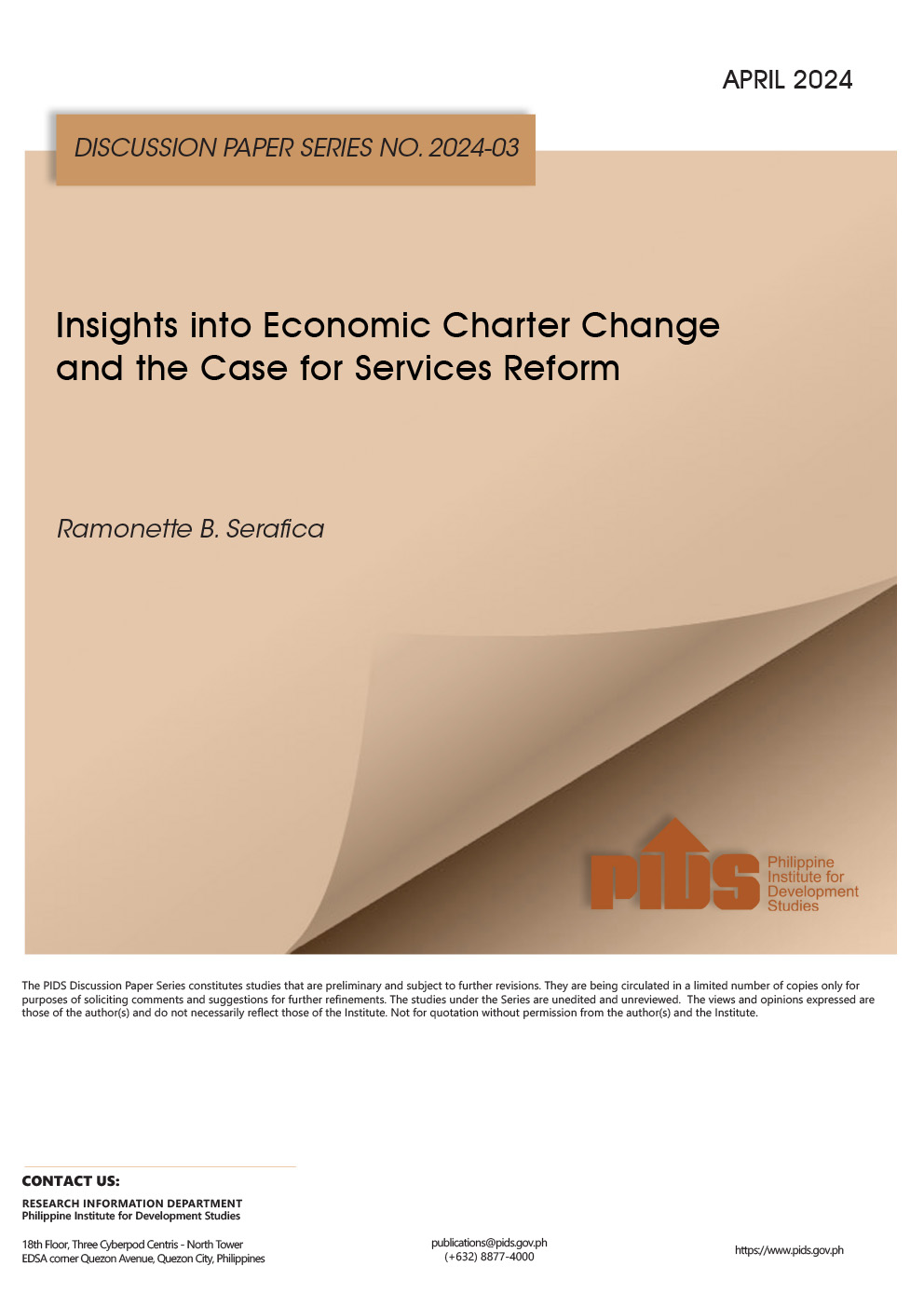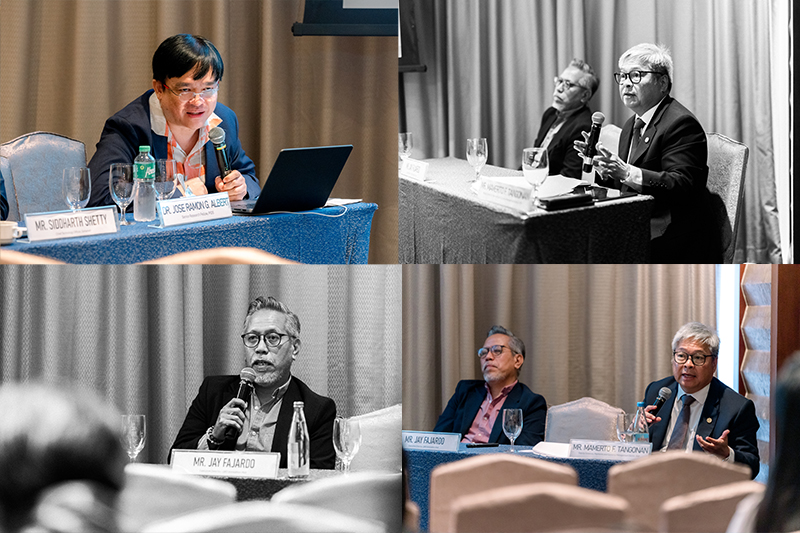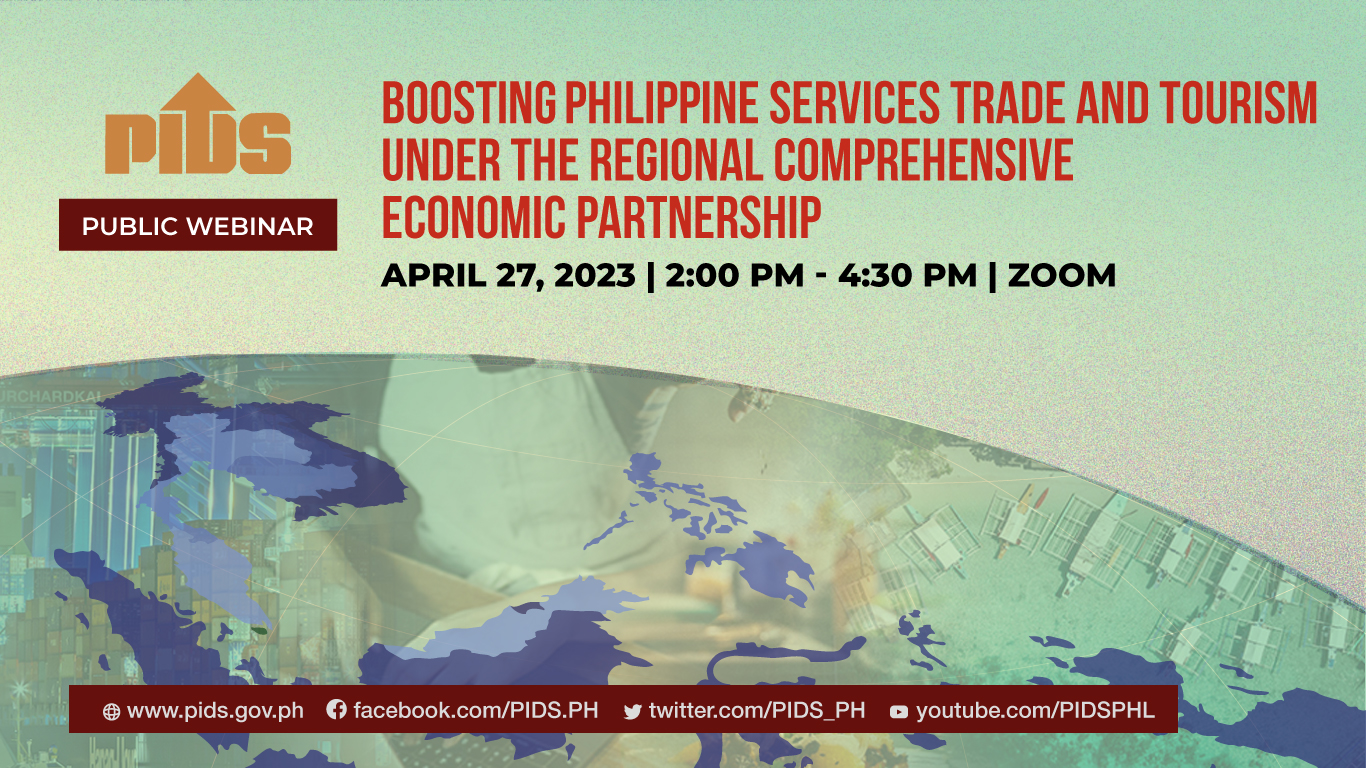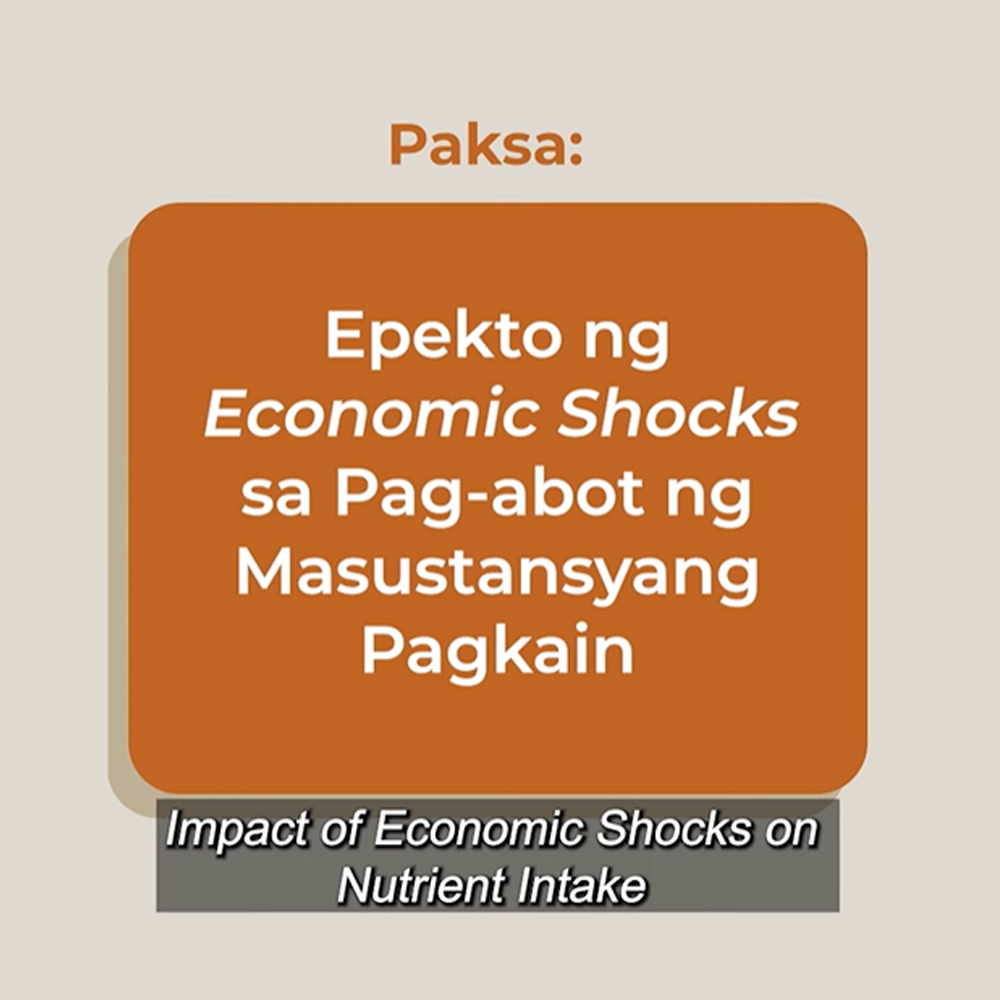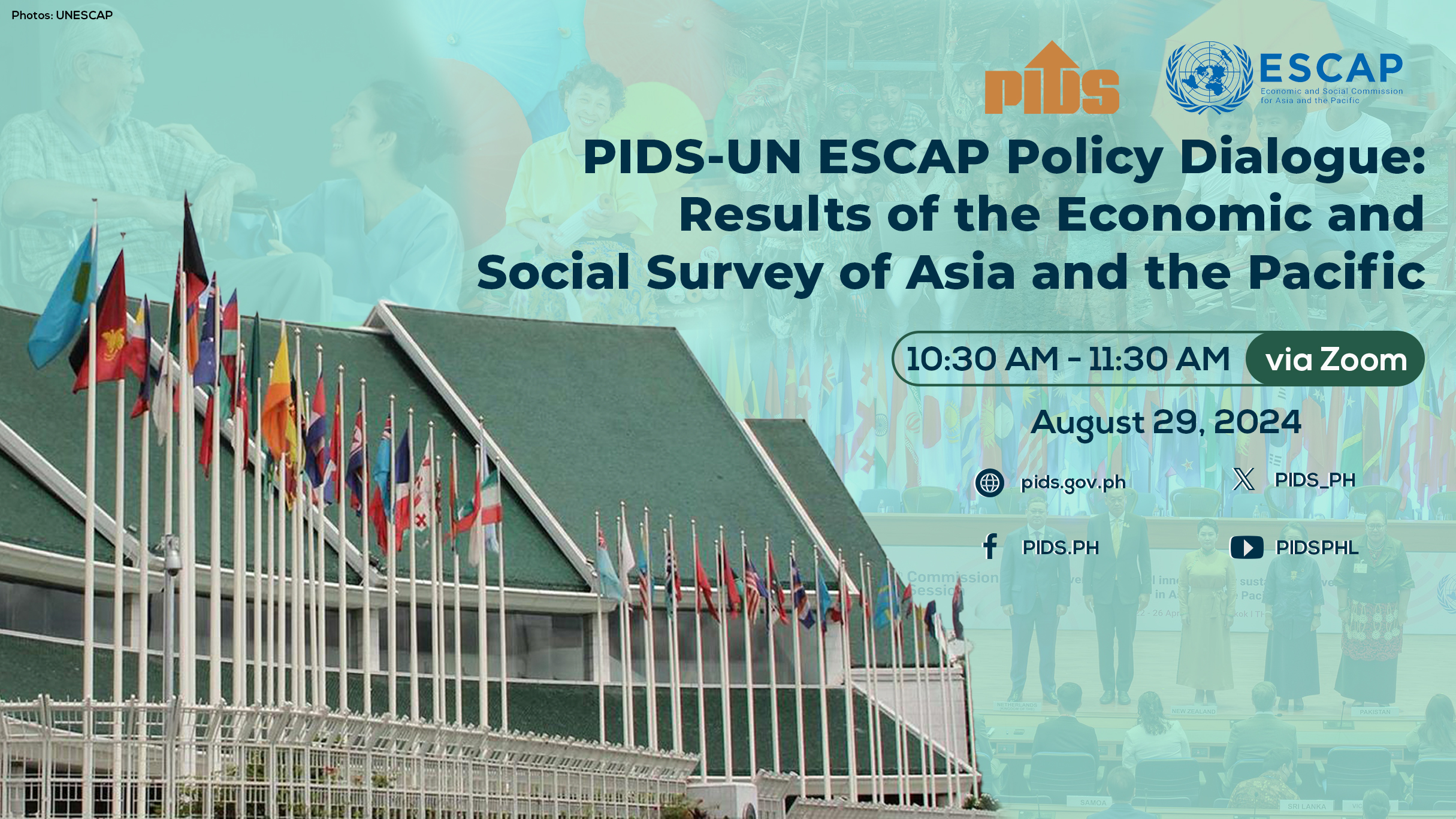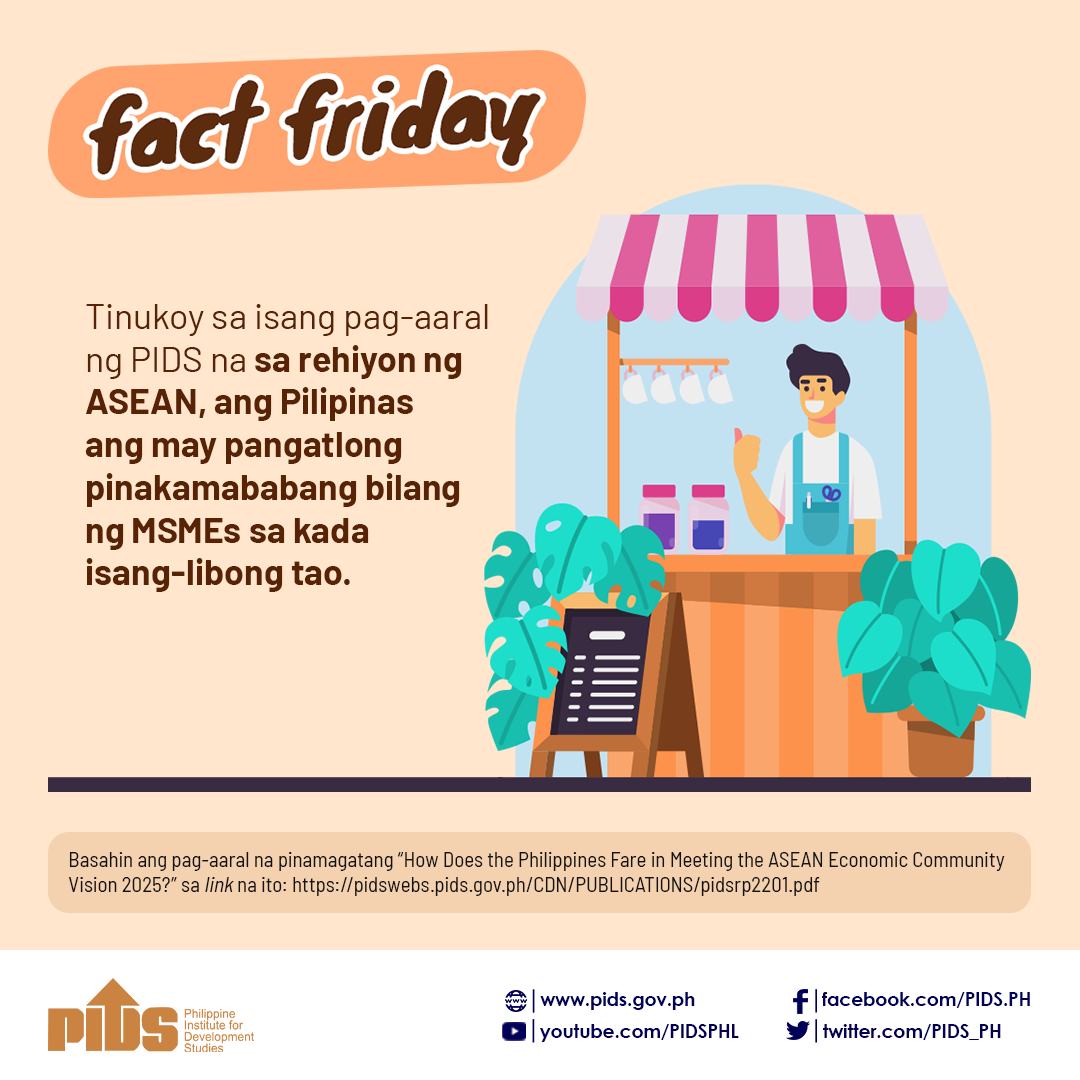An economic planner yesterday downplayed concerns raised by debt watcher Standard & Poor’s Ratings Services that predictability of policymaking in the Philippines has “somewhat diminished,” noting the Duterte administration continues to pursue its 10-point economic agenda.
“We are sticking to the rules that are already available and there are no new policy pronouncements that take over existing policies under the new administration,” said Rolando Tungpalan, deputy director-general of the National Economic and Development Authority (Neda).
“I see no evidence of inconsistencies so far,” he said during the sidelines of annual public policy conference organized by government think tank Philippine Institute for Development Studies (PIDS).
Tungpalan cited for instance existing laws affecting the mining sector, which the government just enforces until such laws are amended.
“We were laying the 10-point agenda and we were consistently following whatever those are,” he added.
Standard & Poor’s decided to keep the Philippines’ “BBB” rating and “stable” outlook, but believed that policy predictability and stability “somewhat diminished” when the Duterte administration took over.
Despite this, Tungpalan said the government is inviting foreign investors to pour in their money into agriculture and industry sectors, and infrastructure which can boost competitiveness and productivity.
“We are sticking to the rules that are already available and there are no new policy pronouncements that take over existing policies under the new administration,” said Rolando Tungpalan, deputy director-general of the National Economic and Development Authority (Neda).
“I see no evidence of inconsistencies so far,” he said during the sidelines of annual public policy conference organized by government think tank Philippine Institute for Development Studies (PIDS).
Tungpalan cited for instance existing laws affecting the mining sector, which the government just enforces until such laws are amended.
“We were laying the 10-point agenda and we were consistently following whatever those are,” he added.
Standard & Poor’s decided to keep the Philippines’ “BBB” rating and “stable” outlook, but believed that policy predictability and stability “somewhat diminished” when the Duterte administration took over.
Despite this, Tungpalan said the government is inviting foreign investors to pour in their money into agriculture and industry sectors, and infrastructure which can boost competitiveness and productivity.

